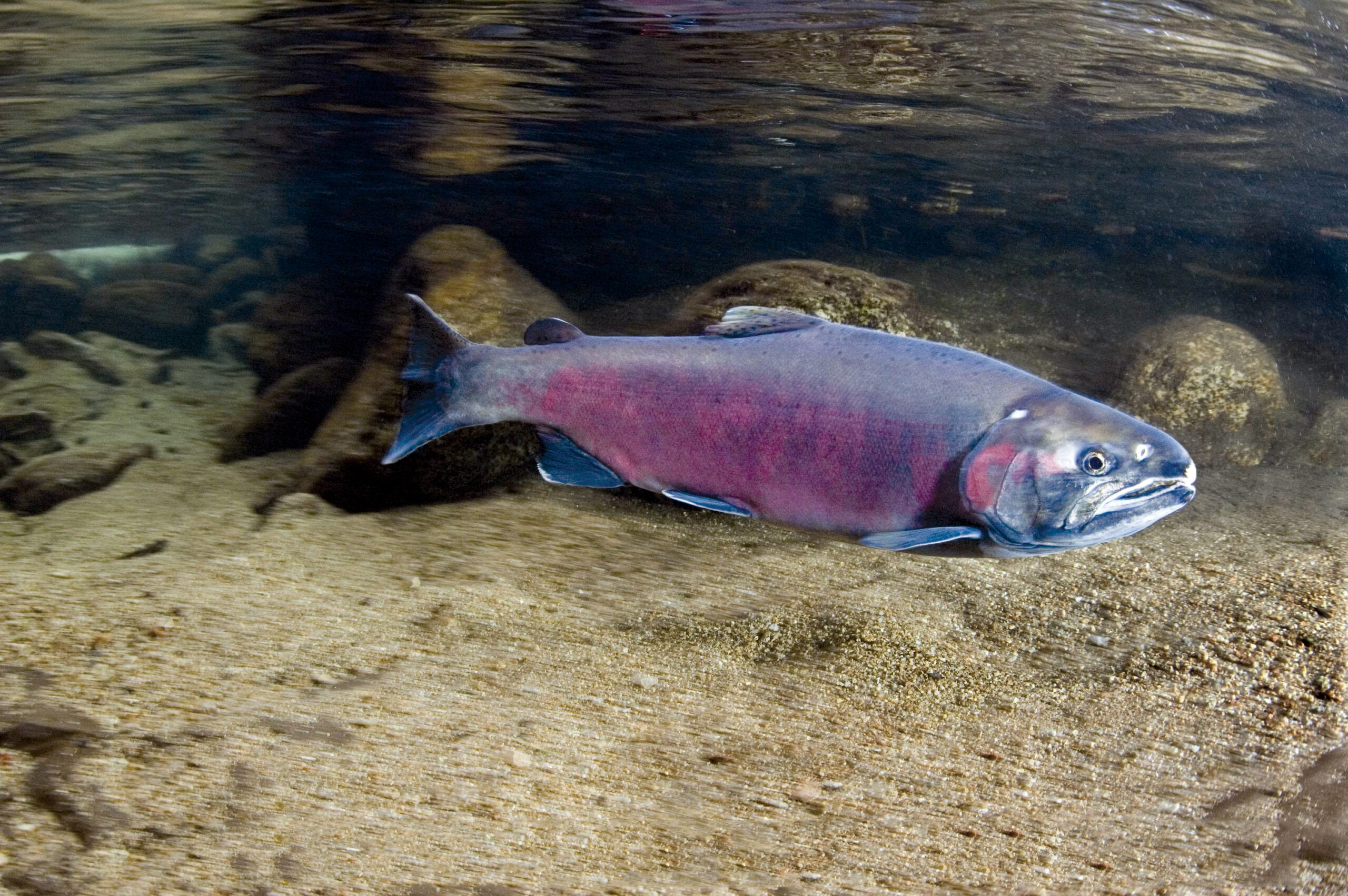
Salmon photo courtesy of the National Marine Fisheries Service/Southwest Fisheries Science Center.
Sustainable Conservation recently submitted a San Francisco Chronicle letter to the editor in response to its story, “Lion in San Francisco a Testament to Big Spike in Wildlife.” We wanted to educate readers about the population and habitat struggles many of the state’s hundreds of imperiled species, especially iconic salmon, still face – and how Sustainable Conservation is helping brighten their future.
Below is our letter, which we hope you’ll share with your networks:
San Francisco, Calif. – (November 15, 2017) We appreciated the good news about some rebounding California wildlife in “Lion in San Francisco a Testament to Big Spike in Wildlife.” Unfortunately, not all the state’s 350-plus imperiled species – animals and plants – and their habitats are faring well.
Salmon are among the iconic species barely hanging on. A 2017 State of the Salmonids report from UC Davis and California Trout shows that almost half of California’s native salmon are on track to extinction within 50 years.
Over the last century, we’ve altered the state’s landscapes drastically, including the destruction of 90% of our streamside forests and aquatic habitats. This has contributed to chronic problems in our waterways. Bad news for fish and even people.
There’s hope, though. Many Californians, from landowners, to conservation groups to public agencies, are making a difference in helping restore important habitat and bringing species back from the brink.
In partnership with stakeholders statewide, Sustainable Conservation seeks to accelerate the pace of essential habitat restoration through policy, regulatory and financial incentives that make it easier for restorationists to do their valuable work.
The fate of struggling fish and other species requires everyone pitching in. Together, we can truly achieve a “golden age for wildlife.”
– Ashley Boren, Executive Director, Sustainable Conservation
